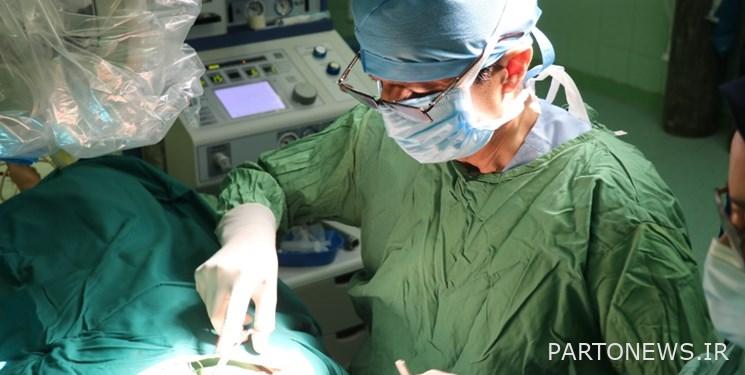
Mohammad Hadi Rezazadeh, in charge of student mobilization at Tehran University of Medical Sciences, in an interview with a Fars News Agency health reporter, said in response to a question that some doctors believe that the statistics on medical capacity in the medical mobilization letter are not real. There are solid document figures. These statistics have also been given on television in the presence of the Deputy Minister of Health. He also acknowledged in that program that the number of 150,000 doctors announced by the medical system is not complete and we will eventually have 110,000 doctors.
He stated that after the publication of the letter, there was a lot of pressure from various trade union groups, who generally chose the line of destruction and insult due to the lack of expert reasoning: The parliament seems to be seriously concerned about increasing its capacity. As many representatives have taken a stand so far and spoke about the need to address the issue of shortage of doctors. Because they themselves see the shortcomings in their constituency. These positions have been such that even after the approval of the plan to facilitate the issuance of licenses, the deputies spoke about the next action of the parliament to lift the monopoly on medicine.
He continued: out of more than 20 specialized fields, most of them are completed every year. As it was announced this year, most of the medical specialties were completed. But disciplines such as anesthesia and emergency medicine are less in demand. One of the main reasons for this decline in demand (which does not mean that they remain empty) is the Corona crisis, in which these two disciplines are among the main ranks. As anesthesia in the ICU and emergency medicine in the emergency room along with the infectious disease specialist are the most exposed and it is natural that the demand is lower. But in the many disciplines that we happen to have a monopoly on, such as ophthalmology and ENT, capacity is filling up and there is much more demand than there is capacity.
Rezazadeh, in response to the question in which fields we have shortages and are in the priority of increasing capacity, explained: Medicine and general dentistry. Because they are needed both for the implementation of the referral system and for the training of specialists in the future. Specialties are also given priority in fields such as orthopedics, cardiology, pediatrics and ENT. Because both scarcity and monopoly in these disciplines have also upset the balance. We believe there is both a shortage of doctors and an inappropriate distribution! Because both problems exist simultaneously.
“We have the infrastructure to educate students and increase capacity,” he said. “It is possible to increase capacity by making more efficient use of available financial resources and infrastructure.” So that in the first years they can use this potential capacity. At the same time, with the expansion of medical student training models in the world, it is possible to further increase the capacity in the coming years. For example, the possibility of using the capacity of scholarships by public institutions will reduce the share of government payments in increasing the capacity, and the financial and infrastructure problem can be solved. There is no shortage of educational beds now.
End of message /
You can edit this post
Suggest this for the front page
.

